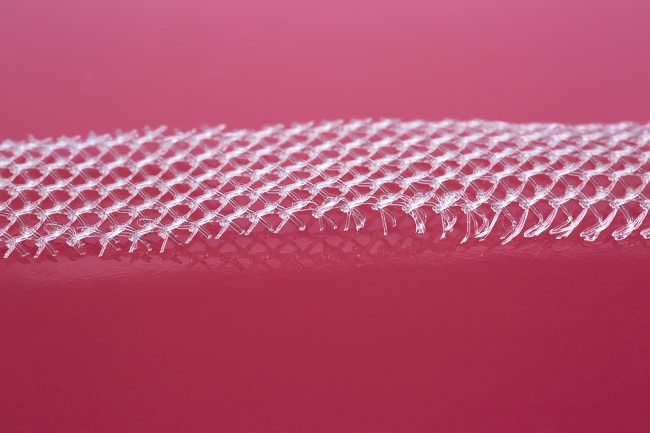
A number of medical devices, including mesh implants, heart pacemakers, artificial knees, and many more, were not adequately tested before been implanted into patients.
The news comes from an investigation between BBC Panorama, the International Consortium of Investigative Journalists, and 58 other media organisations around the world.
The investigation found that medical device companies were allowed to ‘shop around’ various safety organisations until one of them approved their product.
The investigators also found that doctors were often left in the dark about the risks of the treatments they were recommending to patients.
What is the Solution to the Mesh Controversy?
The UK’s Royal College of Surgeons have called for “drastic regulatory changes” to “monitor efficacy and patient safety in the long-term”.
New medical device regulation will also come into force in Europe in 2020, but some campaigners still argue that these new rules are not good enough.
What Should I Do if I Have an Implant?
If you are concerned about the safety of your mesh implant, the International Consortium of Investigative Journalists recommends that “your first point of call should be the medical team that performed the operation.
“If you cannot go back to them, you should consult your primary care doctor.”
You can also call the mesh counselling hotline on 0121 314 7075, Monday-Friday 8am-6pm if you have been affected by mesh implants.
What are Mesh Implants Used For?
Mesh is a general term used to describe a variety of types of manufactured biological and synthetic implantable devices. It is used to support tissues in a number of surgical procedures. Most notably, mesh is used for surgical treatment of stress urinary incontinence and pelvic organ prolapse.
There are three main surgical procedures that can be performed to treat pelvic floor disorders:
- Transvaginal mesh for pelvic organ prolapse
- Transabdominal mesh for pelvic organ prolapse
- Mesh sling for stress urinary incontinence
What are the Complications of Mesh Implants?
For some women, mesh is an effective solution for treating pelvic floor disorders. However, some women also experience serious complications after enduring the procedure. Complications that can occur include:
- Mesh degradation – more surgery may be required to remove and replace the mesh
- Vaginal bleeding
- Vaginal discharge
- Damage to surrounding organs, e.g. bladder
- Infections
- Blood clot formation
- Further prolapse symptoms – requiring further surgery
Let us know your thoughts about the latest updates on mesh.
Previous Updates
Sources
[1] U.S Food and Drug Administration (2018) Urogynecologic Surgical Mesh Implants [online]. FDA [viewed 17/10/2018]. Available from https://www.fda.gov/medicaldevices/productsandmedicalprocedures/implantsandprosthetics/urogynsurgicalmesh/
[2] Bladder & Bowel Community (2018) Vaginal Mesh Support [online]. Bladder and Bowel Support Company [viewed 17/10/2018]. Available from https://www.bladderandbowel.org/surgical-treatment/vaginal-mesh-support/
[3] BMJ 2018;363:k4164. Available from: https://www.bmj.com/content/363/bmj.k4164?fbclid=IwAR3hguEMJspK_MzsQiW8DpMukJ2QcfSFZseomKQzpEQgHm0CRmeQ5vVFU8w
[4] BMJ 2018;363:k4155. Available from: https://www.bmj.com/content/363/bmj.k4155
[5] BBC (2018) Medical device rules need 'drastic change' to protect patients [online]. BBC [viewed 26/11/2018]. Available from https://www.bbc.co.uk/news/health-46337937



